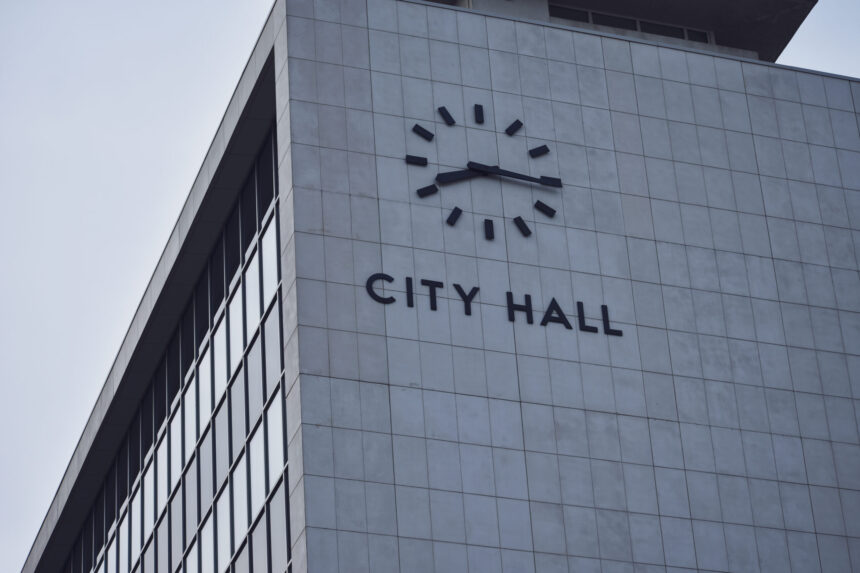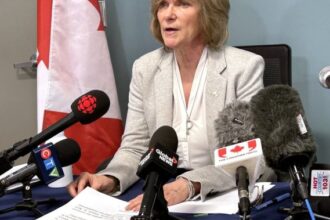In an era where public health governance faces unprecedented challenges, Hamilton’s Board of Health is preparing to convene on July 7, 2025, for what observers anticipate will be a consequential meeting addressing critical community health priorities. The upcoming session promises to navigate complex terrain spanning health equity initiatives, emergency preparedness protocols, and community safety measures that have become increasingly urgent in post-pandemic Hamilton.
The meeting agenda, recently published on the city’s official portal, reveals an ambitious scope of items scheduled for deliberation. At the forefront is the comprehensive review of Hamilton’s Health Equity Action Plan, a framework developed in response to the stark socioeconomic disparities in healthcare access that were magnified during recent public health emergencies.
“This isn’t merely about addressing immediate health concerns—it’s about restructuring our approach to ensure every Hamiltonian has equitable access to essential services regardless of postal code or income bracket,” said Dr. Elizabeth Mercer, Hamilton’s Medical Officer of Health, in a statement previewing the meeting’s objectives.
The Board is also expected to evaluate the initial outcomes of the Neighbourhood Health Initiative, a pilot program launched earlier this year targeting communities with historically limited healthcare infrastructure. Early data indicates promising results in preventative care metrics, though challenges in sustained community engagement remain.
Community advocates are particularly attentive to discussions surrounding the proposed expansion of harm reduction services throughout the city. The contentious issue has generated significant public discourse, with supporters highlighting evidence-based benefits while opposition voices express concerns about implementation approaches.
“We’ve seen how these programs literally save lives when properly resourced and thoughtfully implemented,” noted Jordan Hanover of the Hamilton Community Health Coalition. “The Board has an opportunity to demonstrate real leadership by strengthening these vital services.”
The meeting will additionally address emerging environmental health concerns, specifically the reported increase in respiratory conditions potentially linked to changing industrial emissions patterns across the city’s manufacturing sector. Environmental health officers are scheduled to present findings from recent air quality monitoring studies conducted in partnership with McMaster University researchers.
Fiscal considerations loom large over the proceedings as well. Board members will evaluate proposed budget allocations for the coming fiscal year, with particular focus on sustainable funding mechanisms for mental health services—an area that continues to experience heightened demand in the wake of pandemic-related stressors.
“The financial decisions made at this meeting will ultimately determine our capacity to deliver essential services when Hamiltonians need them most,” commented Councillor Diane Wong, who serves on the Board of Health’s Finance Committee.
Public participation in the upcoming meeting has been actively encouraged, with multiple avenues available for community input including in-person delegations and virtual submissions. This emphasis on public engagement reflects a broader commitment to transparency in health governance that has become increasingly prioritized in recent years.
The meeting comes at a pivotal moment for Canadian public health systems nationwide, as municipalities recalibrate their approaches to community wellbeing in response to lessons learned from recent global health challenges. Hamilton’s decisions may well serve as a template for other mid-sized Canadian cities facing similar public health priorities.
As the Board of Health prepares to convene next month, the fundamental question remains: will Hamilton’s public health leadership effectively balance immediate community needs with the long-term structural reforms necessary to create a truly equitable and resilient health system for all residents?










